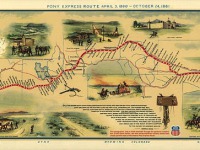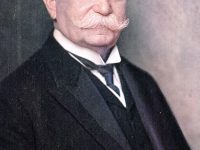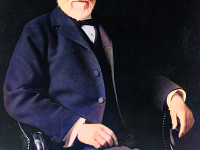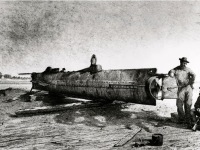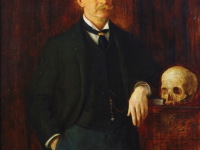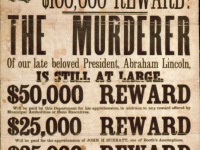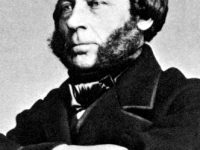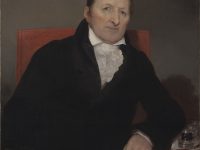The Legend of the Pony Express
On April 3, 1860, the Pony Express started delivering messages, newspapers, mail, even small packages from St. Joseph, Missouri across the Great Plains, over the Rocky Mountains and the Sierra Nevada to Sacramento, California by horseback, using a series of relay stations. Although being an economic disaster, the Pony Express has become a U.S. national legend. Gold in California In January 1848, Gold was discovered in California, but the poor communication between…
Read more

